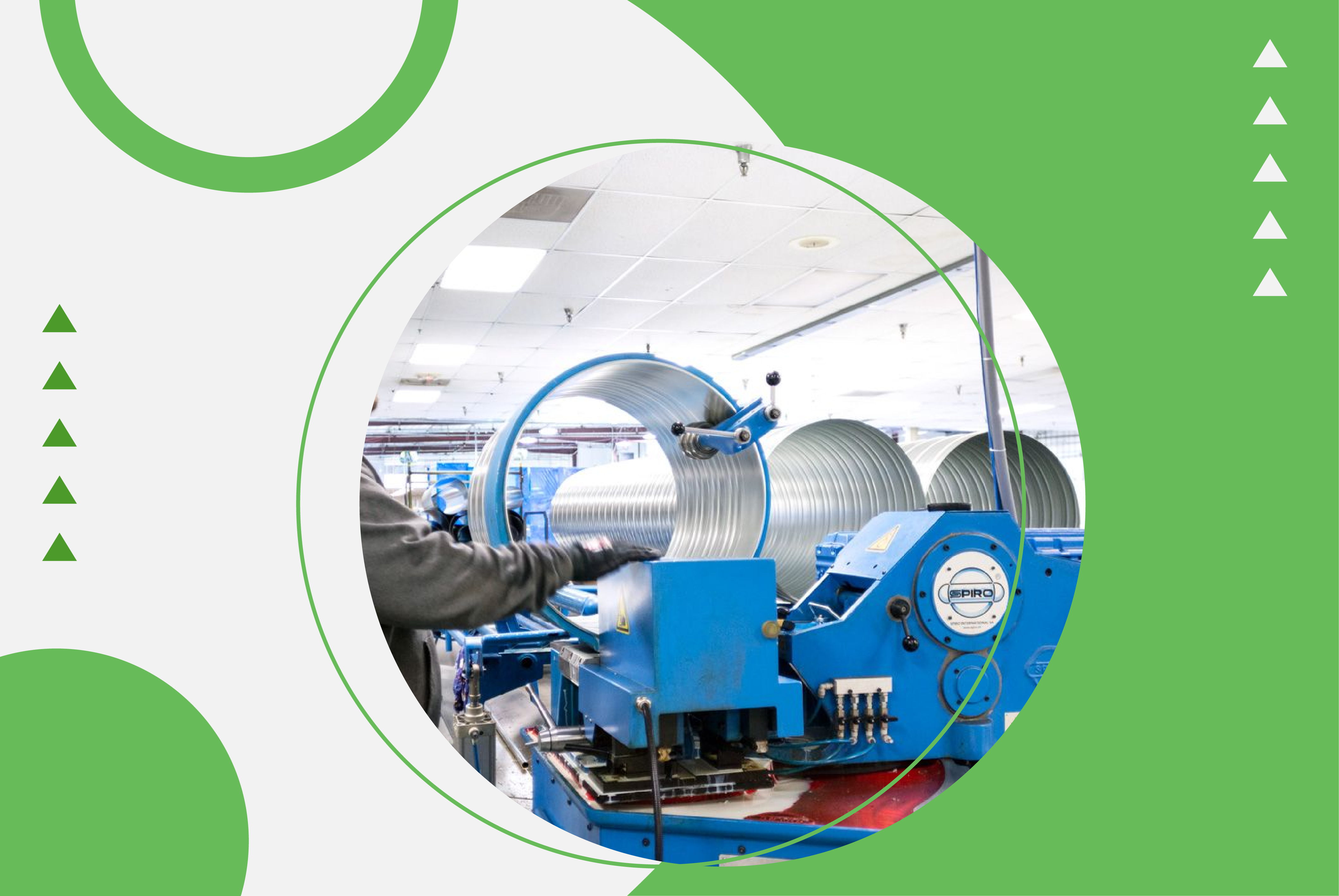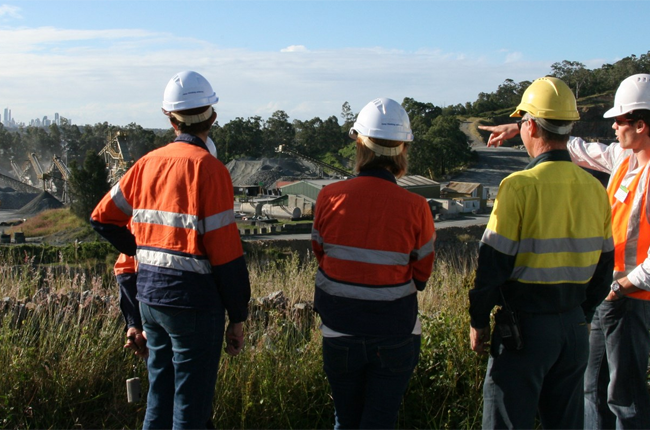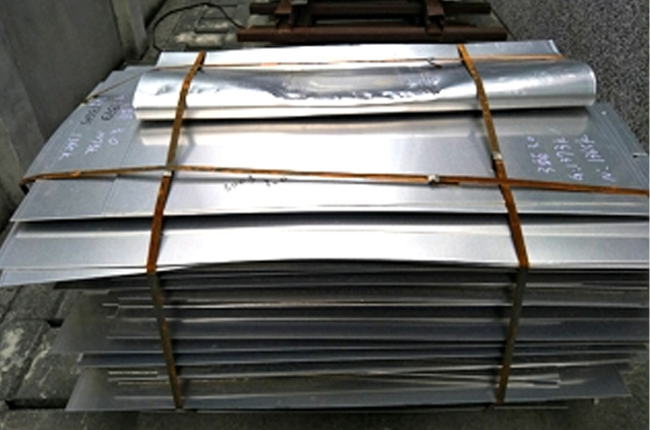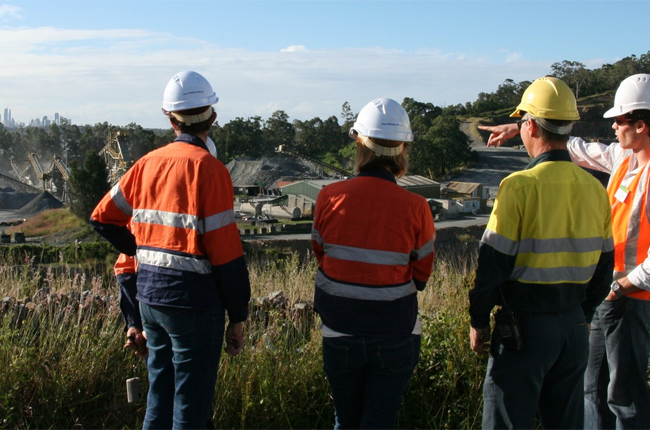Understanding the Environmental Benefits of Sheet Metal Fabrication

There are many environmental concerns nowadays, and industries pressurize more sustainable practices. Sheet metal fabrication is an area that is often overlooked. The use of these manufacturing processes in industries ranging from automotive to construction provides significant environmental benefits. Before exploring its environmental benefits, let’s understand what goes on in sheet metal.
What is Sheet Metal Fabrication?
It involves sheets of metal that are cut, bent and shaped into different shapes and forms. From simple brackets to complex mechanical parts, sheet metal is a versatile process for many applications.
Top 5 Environmental Benefits

Minimization of Material Waste
One of the environmental benefits of sheet metal fabrication is its ability to reduce waste. Unlike other construction methods, which tend to throw away excess materials, steel frames offer a more efficient use of materials. Computer-aided design (CAD) software enables precise measurement and assembly, ensuring minimal waste.
Also, technological advances like laser cutting and waterjet cutting, allow for more efficient use of materials. These methods result in cleaner, more accurate cuts, reduce unnecessary additional machinery, and reduce waste. As a result, sheet metal fabrication significantly reduces the processing costs and environmental impacts associated with extraction.
Energy Efficiency
Sheet metal fabrication processes are becoming increasingly energy efficient. Modern manufacturing facilities are equipped with energy-efficient technologies and practices that can reduce energy consumption. For example, automated systems optimize production scheduling to reduce downtime and energy consumption.
Furthermore, improvements in equipment design and operation contribute to energy efficiency. High-efficiency devices, such as electric press brakes and servo-operated presses, consume less energy than conventional hydraulic systems. Sheet metal companies can significantly reduce their carbon footprint by using energy-efficient equipment and adopting more efficient manufacturing processes.
Recyclability

Another notable environmental advantage of sheet metal fabrication is the recyclability of metallic materials. Unlike many other materials, steel can be used repeatedly without losing its quality. Scrap metal produced during manufacturing can be collected, dried, and recycled for recycling.
Metal recycling significantly reduces the energy and resources required for extraction and processing. It also reduces the environmental impact associated with waste disposal or incineration. By incorporating recycling programs into their operations, foundries contribute to the circular economy and encourage sustainable consumption.
Reduced Emissions
Over their lifetime, metal structures produce less carbon dioxide than plastics and other materials. Steelmaking produces lower levels of greenhouse gases and pollutants, resulting in cleaner air and less environmental impact.
In addition, the durability and longevity of steel products further reduce carbon emissions during their lifetime. Compared to plastic or wood alternatives, metal parts and structures have longer lifespans and require less frequent replacement. This extended lifespan reduces the need for new products and vehicles, reducing overall carbon emissions.
Environmental Regulations Compliance

Regulatory bodies are implementing stricter standards to reduce industrial pollution and promote sustainability as environmental awareness increases. So, sheet metal companies comply more with environmental regulations, which leads to environmentally friendly practices.
By complying with environmental regulations, sheet metal production facilities minimize their impact on the environment and maintain the health of the surrounding communities and security. Compliance generally includes using pollution prevention techniques, reducing waste generation and using environmentally friendly materials.
Conclusion
Sheet metal fabrication provides significant environmental benefits, from reduced waste to reduced air pollution and increased energy recycling. By adopting sustainable practices and using advanced technologies, manufacturing facilities can reduce their footprint while producing high-quality products.
Sheet metal will be a crucial component of the efforts of businesses to enhance environmental stewardship and transition to an eco-friendly future. We can create a sustainable and resilient working environment by understanding and applying the environmental benefits and benefits of wrought iron construction.